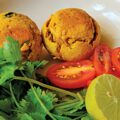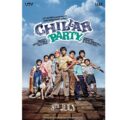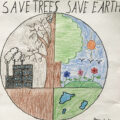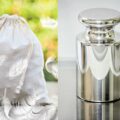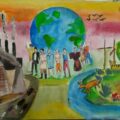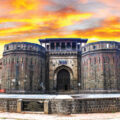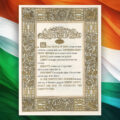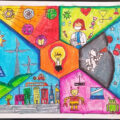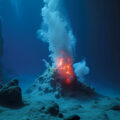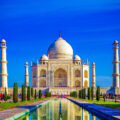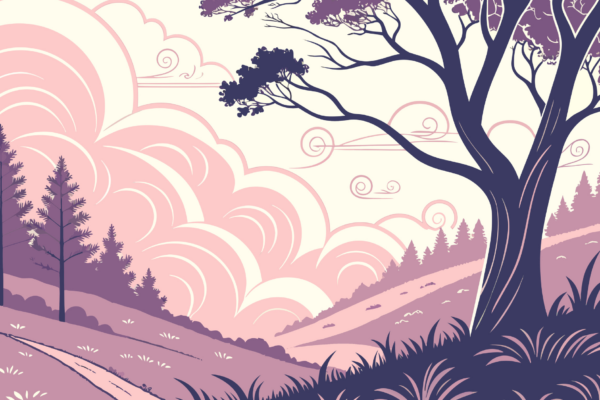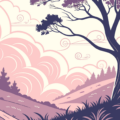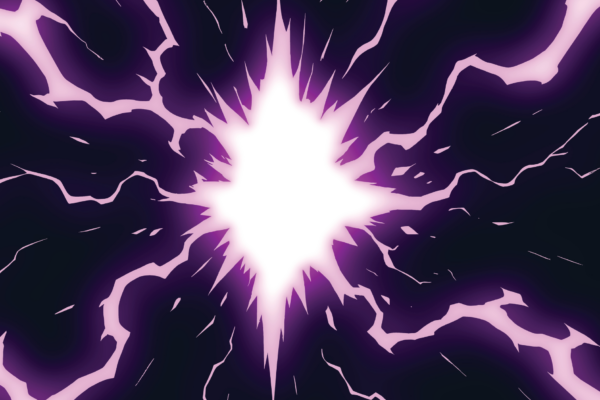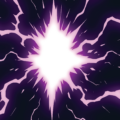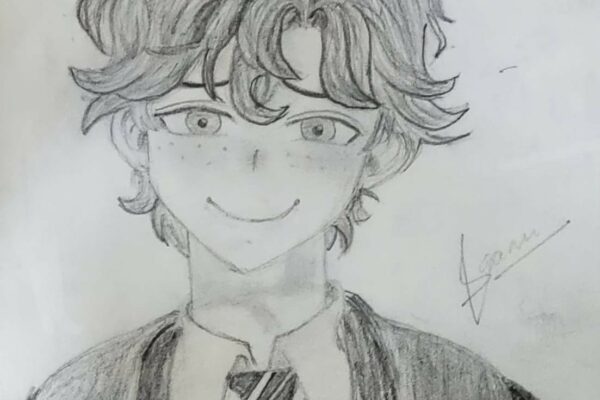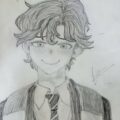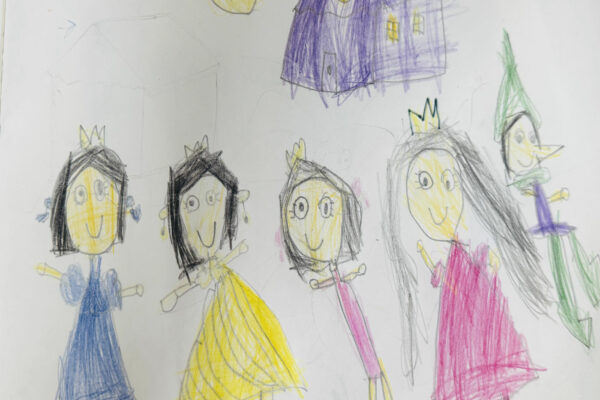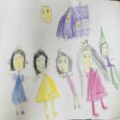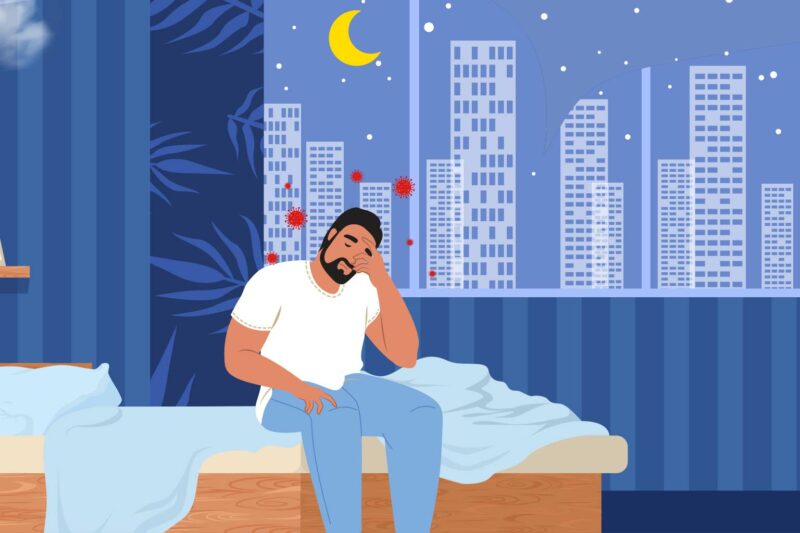
Beeep…beeep…beeep. The sound of the patient’s rapidly decelerating heartbeat, as represented by the machine, reverberated in my head long after I had heard it. I could still clearly remember his laboured breath, the unwillingness to live reflected in his eyes, the pain in his moans and the strangely peaceful expression on the man’s face right before he was taken into the arms of God.
I cannot feel any emotion because I am numb with guilt. There is just so much remorse and melancholy bottled up within me from losing yet another patient in this pandemic that I do not think I am capable of living with that cumbersome load upon my shoulders. A feeling of helplessness takes over me whenever I see a struggling patient. Usually I do not know how to announce to the apprehensive family members of the dead patient that their beloved relative has ascended into heaven, only to see their utterly heartbroken expressions and tear-stained faces.
However, that poor old man had no family of his own to look after him; his son had left him to earn his living, having lost his job due to the pandemic— as he had said in his deathbed. I myself escort his body to the morgue and pray for his soul to find peace in heaven.
That day when I go to bed, I am plagued by troubling thoughts of dying patients and suffering people and I cannot sleep today after witnessing a death. It reminds me of the four noble truths given by Buddha and I can finally relate to his astonishment at seeing the amount of suffering in this world. So I pick up my phone and look at the photos of my high-spirited family staring back at me.
We all looked so exuberant and alive in the picture where we were standing before the Niagara Falls. I thank God that my family is safe from the virus. I am kept in quarantine, being in constant contact with COVID patients, so I do miss them a lot. I decide to make a video call to hear the voice of my children, which is full of youthful energy, oblivious to the effect of the pandemic; but I quickly dismissed the idea, seeing that the time was way past their bedtime.
Hours later, when the glorious memories of my family rejuvenate me and take away some of my pain, I drift off to sleep. I am lying on a bed. I am finding it hard to breathe and I am gasping for air. My lungs are on fire! My throat is sore from coughing and the feeling is unendurable. The fire in my lungs ascends to my veins and I find my entire essence burning to ashes. I gasp and wake up with a start. I am panting and sweat beads my forehead. “I am safe, it was a dream,” I say to myself. I pick up the vibrating phone from the nightstand, thankful to it for disrupting my repugnant dream.
I look at the caller ID and my senses go into ‘alert mode’ since it is a call from the hospital. I search for my doctor’s suit in the closet while I am informed that I am to report to the hospital in a jiffy to attend to a patient who is in a grave condition. I drive to the hospital as fast as I can, not wanting the poor patient to suffer very long.
I wear my customary N-95 mask and put on my PPE kit for extra protection. I rush into the ward and begin the treatment. This time, steely determination overcomes me. I put in all my efforts to ensure that this patient gets well as soon as possible, for her recovery and to ensure my sanity. By the end of it, she is still weak but alive. I feel light-hearted for the first time in many days.
I leave the room to meet my new friend, a middle-aged man, Akshat, who I had been tending to for over a month. I find him smiling as always, but this time the weariness in his eyes has vanished and his face does not look pallid any longer. He is talking to a fellow wardmate when he sees me and greets me with a warm smile.
I return his smile, surprised to know that this time I really mean it. I go to him and after a few check-ups, ask him to take a COVID test. At the end of the day, exhausted because of all the work, I sit down on my chair. That is when I hear a knock and see Akshat approach me with a look of pure appreciation and gratitude.
He declares that his results have come negative and that he can finally reunite with his family. I am very happy to hear this news and congratulate him. However, deep down a little jealousy is mingled with my euphoria as he will get to enjoy the company of his family while I am not that fortunate.
When I go back to my quarantine room, I notice the scars etched on my face due to the tight mask I had worn throughout the day. I realise that my appearance, which had mattered so much to me prior to the lockdown, did not affect me now. I touch the scars but barely flinch, realising that they are meagre compared to the scars in my heart and the exhaustion in my bones.
The next day, when I listen to the grievances of my friend, Amit, who has lost his job due to the lockdown, I wonder whether I would prefer to lose my job and sit idly at home, suffering from poverty, rather than living the life of a frontline worker, serving people as well as suffering in my own way.
Finally, I realise that I am fortunate to be able to contribute to the recovery of my nation and help people, even if it is physically and emotionally taxing for me. From then on I work with renewed energy and optimism. I also realise that life is a rollercoaster. When I had made the decision to become a doctor I had imagined an easy and prosperous life, not ever even considering the possibility of such abominable situations and hardships. I’d say that these times have, in a way, taught me many crucial lessons in life.
These times have given me much-needed exposure to the hardships of life at such a young age and have hardened me, making me a more mature person. Maybe it is true—‘What happens, happens for a reason’ and I think that God wanted me to take back ‘the importance of the life we have’ from this scenario. My lesson from the pandemic is to cherish what I have and be content with my life; what is yours?


